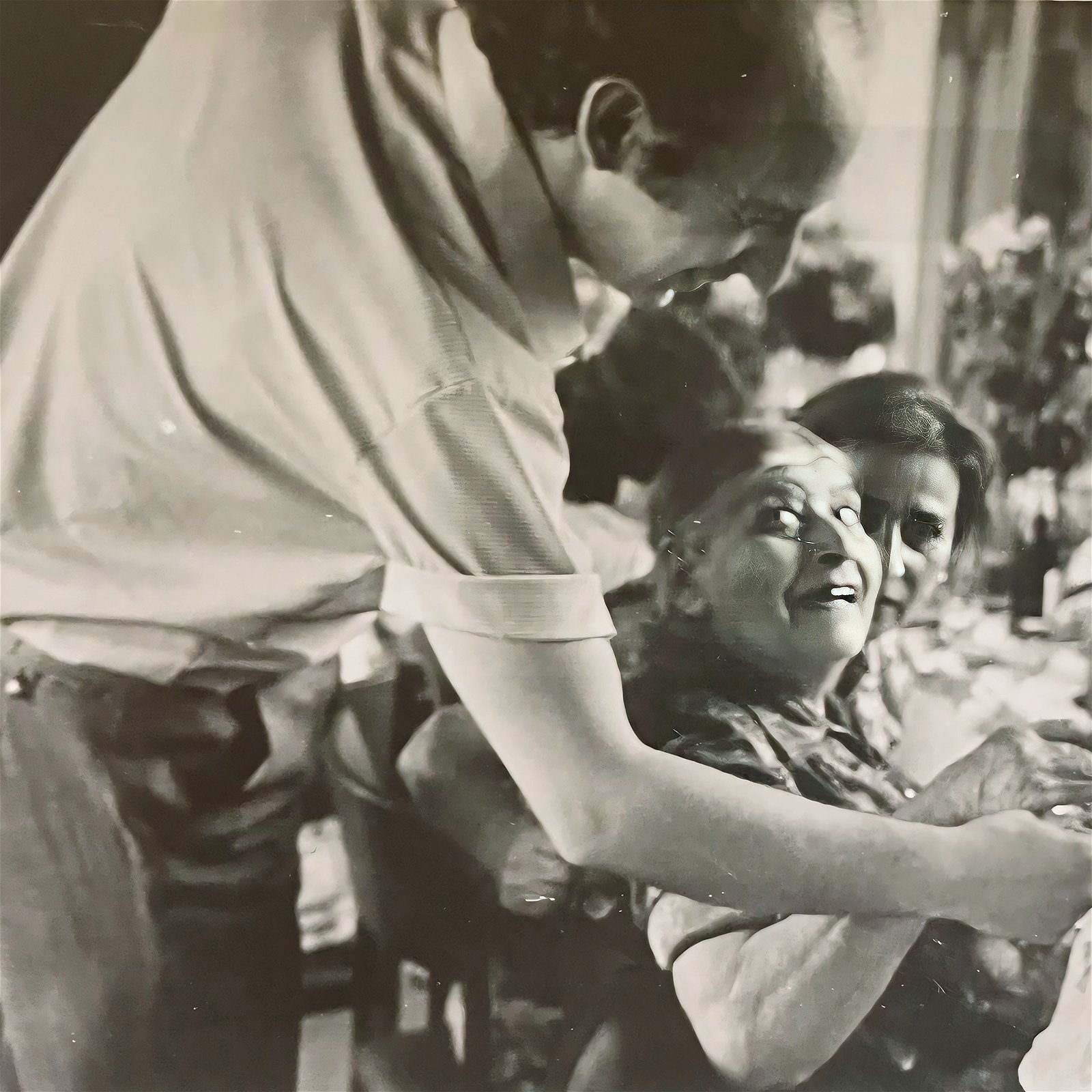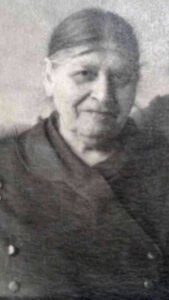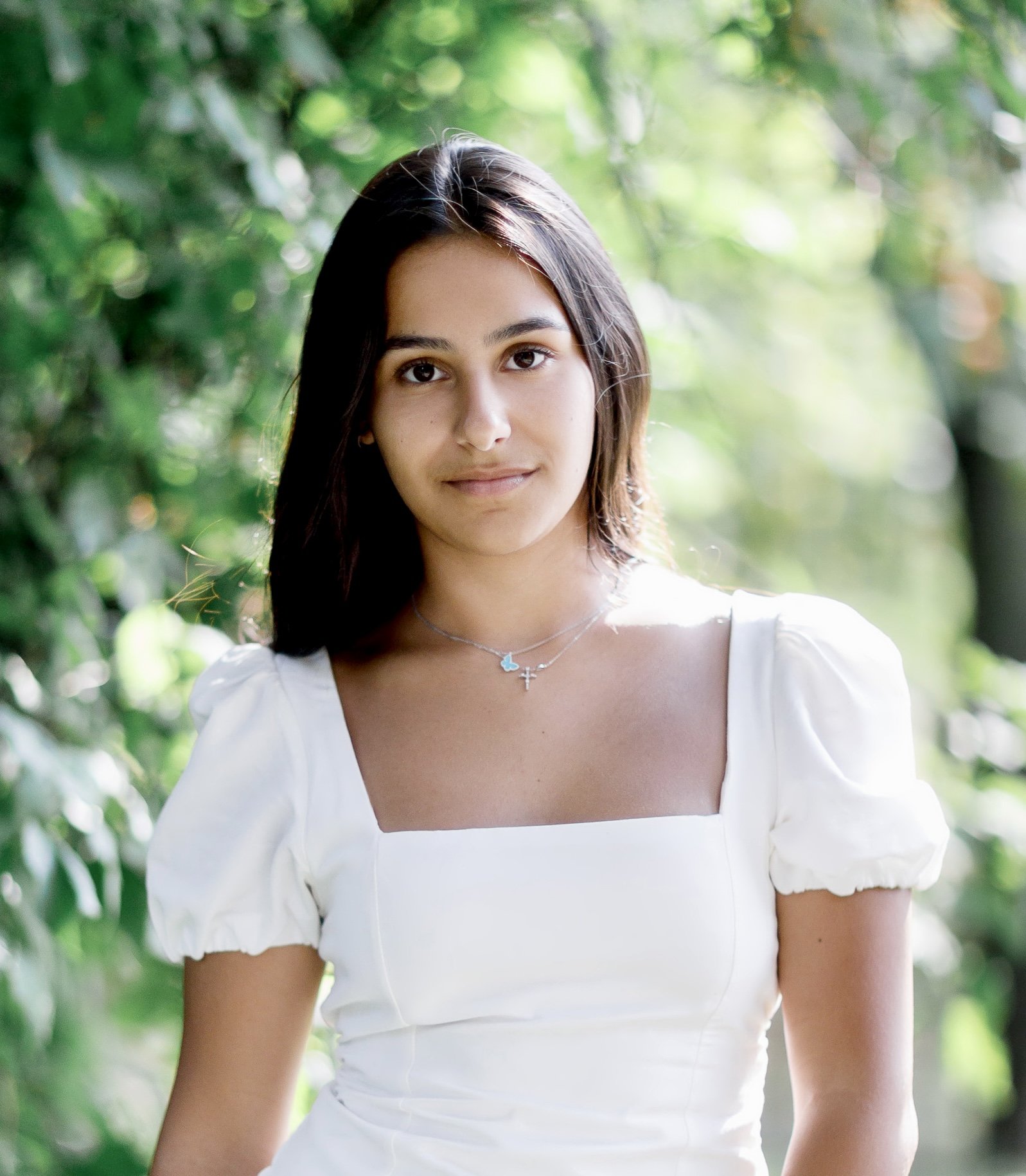I can’t help but feel a twinge of annoyance when asked the question, “So you’re Armenian like Kim Kardashian?” It’s not the question itself that bothers me, but rather the dismissive reduction of the vast and spirited Armenian culture to a single celebrity’s persona. I am not Armenian “like Kim Kardashian.” I am Armenian like Zabel Yessayan, a political writer and voice for women in the early 1900s, like revolutionary and soldier Soghomon Tehlirian, like the poet and public activist Yeghishe Charents. I am Armenian like my Շողեր Տատիկ (Grandma Shogher), the sole survivor of the Armenian Genocide among her parents and eight siblings.
My great-great-grandmother was born on Christmas Day in 1905. She was the youngest of nine children – a Christmas miracle, as she was called. Her family led a simple rural life in the city of Mush in Western Armenia. Her father was a farmer, and her mother, as were most women in traditional Armenian families at the time, a housewife. The native Armenians of Grandma Shogher’s village lived alongside Kurdish, Assyrian and Turkish people, sent to live there by the government in order to assimilate the area. In the 1910s, after the Young Turks ascended to power, news began to circulate throughout the village of plans for the deportation of the Armenian population. People were assured that they were being deported farther west for their “safety.” The seemingly absurd talk of deportation was brushed off as mere village gossip. In the spring of 1915, just months after Grandma Shogher turned 10, these rumors transpired into a tragic reality.

The Young Turks commenced their agenda of ethnic cleansing on April 24, 1915 under the guise of the World War. It began with the mass detention and extermination of the Armenian intellectual class, including prominent figures Krikor Zohrab, Daniel Varoujan and Ruben Sevak. That morning, the sun shone down on the village, but the air felt heavy with fear and anguish. Grandma Shogher would recount how ordinary citizens were gathered in the village centers, and Armenians were grouped separately. They were set to be deported from Mush, and those who refused to leave their homes were executed. Homes were broken into and burned and civilians tortured. These deportations from village to village occurred in multiple stages, each resulting in more loss of life. Those who didn’t perish in their villages perished in transit to the next. This was an inevitable death sentence.
Grandma Shogher’s family decided to flee east, seeking refuge in the then-Russian territory of Nakhichevan. Following this strenuous journey, they arrived in the village of Varmazyar, not as a family of 11, but of five. Grandma Shogher did not like to recount what she witnessed on their passage to Nakhichevan. Rarely did she mention the harsh brutalities that took the lives of half of her siblings. Amidst horrors of crucifixion, starvation, beating, burning, rape and mutilation that unfolded before her, Grandma Shogher remarked on one particular sight as the most harrowing: that of infants being violently torn from the wombs of their mothers. The harshly rooted patriarchal complexities of war often left women as the primary targets of violence.
Once the family settled in Nakhichevan, they believed they were out of harm’s way. This, though, was far from the culmination of Grandma Shogher’s journey. After the fall of the Russian Empire, tensions rose between the Turkic and Armenian communities of the territory as did the desire to drive the Armenians from their ancestral lands. One afternoon, Grandma Shogher’s neighbors visited their home. The neighbors, who were Turkish, arrived bringing word that Turkish soldiers were coming to the village, offering to help them escape. Despite skepticism, Grandma Shogher’s mother chose to stay in their home. As night fell, their worst fears were realized. Turkish soldiers broke into her home, killing her parents and two sisters in front of her. She found herself not surrounded by 10, but alone. Grandma Shogher survived purely due to her small stature and quick thinking, hiding in a small ottoman.

“Shogher! Shogher!” the familiar voice of their Turkish neighbor called. Grandma Shogher, still sheltered behind the ottoman, warily revealed herself. Although they would face execution had they been caught, the Turkish family took her in. They reunited her with relatives in the village of Khachik in present-day Armenia. Grandma Shogher never harbored resentment towards the people at whose hands she had witnessed such atrocities. She said that it was because of people like her neighbors that she still saw a slight glimmer of hope in the face of such despair.
I am proud to say that I am a descendant of a survivor. Grandma Shogher’s fortuitous destiny holds the history of not only my family and my culture but also the world as we know it. My story is just one of many, as each Armenian family lineage possesses not only a unique chronicle of loss, but also one of endurance and survival. The millions of individual stories are woven together by the threads of my people’s shared tragic history. Though very few, survivors like Grandma Shogher are a testament to the deep-rooted history of my people that has been silenced and denied by the perpetrators for over a century. Our wounds are still open, but each descendant of an Armenian Genocide survivor is living proof of strength and perseverance through injustice.



I can proudly say that I am an Armenian like Emily Tarverdyan!
Lovely story. Long live Shogher’s memory
Emily! That was a fantastic article! Grandma Shogher should be proud that you have documented her story! I am also a grandchild of survivors. I am sure many of the readers of the Armenian Weekly are as well.
Emily, you are such a good writer. During the reading I was so into the story, that I remembered the story of my great-great-grandfather and couldn’t keep crying. You are truly Armenian daughter, every Armenian should remember his history. I am sure that your grandmother Shogher would be proud of you.